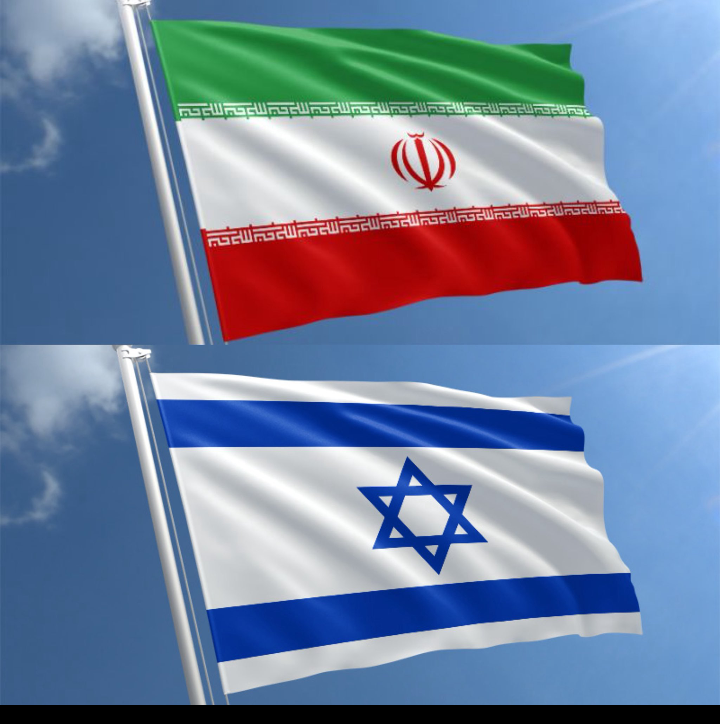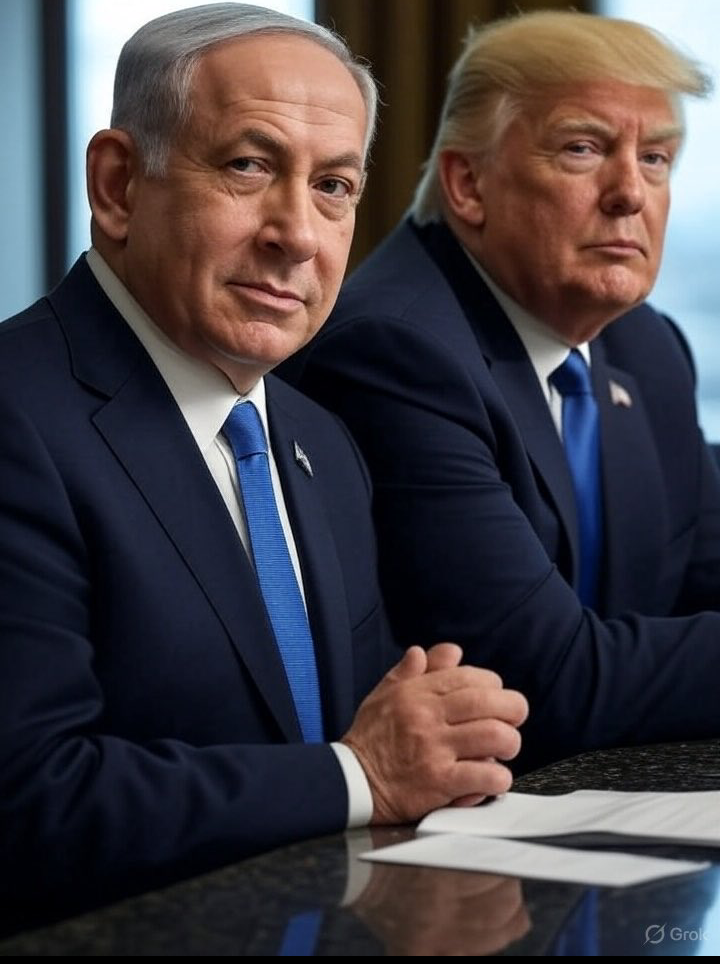The Middle East has long been a region of tension, but the recent escalation between Israel and Iran in June 2025 has pushed the world to the brink of a broader conflict. What began as a series of targeted Israeli airstrikes on Iranian nuclear and military facilities has spiraled into a weeklong exchange of missile and drone attacks, claiming hundreds of lives and raising fears of a regional war. As diplomatic efforts falter and global powers weigh their involvement, the stakes could not be higher.
On June 13, 2025, Israel launched a surprise assault on Iran, targeting key nuclear sites like Natanz, Fordow, and Isfahan, as well as military infrastructure. The Israeli government, led by Prime Minister Benjamin Netanyahu, justified the strikes as a preemptive measure to prevent Iran from developing nuclear weapons, which Israel views as an existential threat. Israeli officials claim their attacks have delayed Iran’s nuclear program by “at least two or three years,” killing senior military commanders, nuclear scientists, and decimating air defenses. Satellite imagery confirms significant damage to Natanz, though the deeply buried Fordow facility may remain operational, raising doubts about the long-term success of Israel’s campaign.

Iran retaliated swiftly, launching over 400 ballistic missiles and drones at Israeli cities, including Tel Aviv, Haifa, and Beersheba. While Israel’s sophisticated air defenses intercepted many, some missiles struck civilian areas, including a hospital in Beersheba, wounding dozens. Iran’s Supreme Leader Ali Khamenei denounced the Israeli strikes as aggression, vowing a “painful” response. Iranian officials insist their nuclear program is peaceful, a claim met with skepticism by Israel and Western allies, especially after the International Atomic Energy Agency (IAEA) reported Iran’s non-compliance with nuclear obligations in May 2025.
The human toll is staggering. Iran’s Health Ministry reports over 600 civilian deaths, including women and children, with thousands injured. In Israel, at least 29 people have been killed, and nearly 900 injured, mostly civilians. Both sides have issued evacuation warnings, sowing panic in Tehran and Israeli cities. The destruction of Iranian fuel depots and an oil refinery in Haifa has spiked global oil prices, adding economic pressure to an already volatile situation.
Diplomacy has so far failed to halt the violence. European efforts in Geneva, involving Iranian Foreign Minister Abbas Araghchi and counterparts from the UK, France, and Germany, ended without a breakthrough. Iran refuses to negotiate its nuclear program while under attack, rejecting U.S. demands for zero uranium enrichment. President Donald Trump, who set a two-month deadline for a nuclear deal that expired just before the conflict began, has signaled reluctance to pressure Israel for a ceasefire, stating it’s “hard to stop someone who’s winning.” However, Trump’s decision to strike three Iranian nuclear sites on June 22 has drawn the U.S. deeper into the conflict, prompting condemnation from Russia, China, and Iran’s allies, including Yemen’s Houthis, who declared the U.S. strikes a “declaration of war.”
The involvement of Iran’s proxies, like Hezbollah and Iraqi militias, threatens to widen the conflict. While Hezbollah has condemned U.S. actions, it has not yet joined the fight, likely due to its weakened state after Israeli operations in Lebanon. Iraqi militias, however, have threatened U.S. bases, and the Houthis have resumed attacks on Red Sea shipping. These developments raise the specter of a multi-front war, with former CIA Director Leon Panetta warning that U.S. strikes on Iran could plunge the region into chaos.
As the conflict enters its second week, the path forward remains unclear. Israel’s military chief has warned of a “prolonged campaign,” while Iran’s missile barrages, though reduced, continue. The United Nations, led by Secretary-General António Guterres, has urged all parties to “give peace a chance,” but with mutual distrust and competing strategic goals, de-escalation seems distant. The world watches anxiously, knowing that miscalculation could ignite a fire no one can control.
